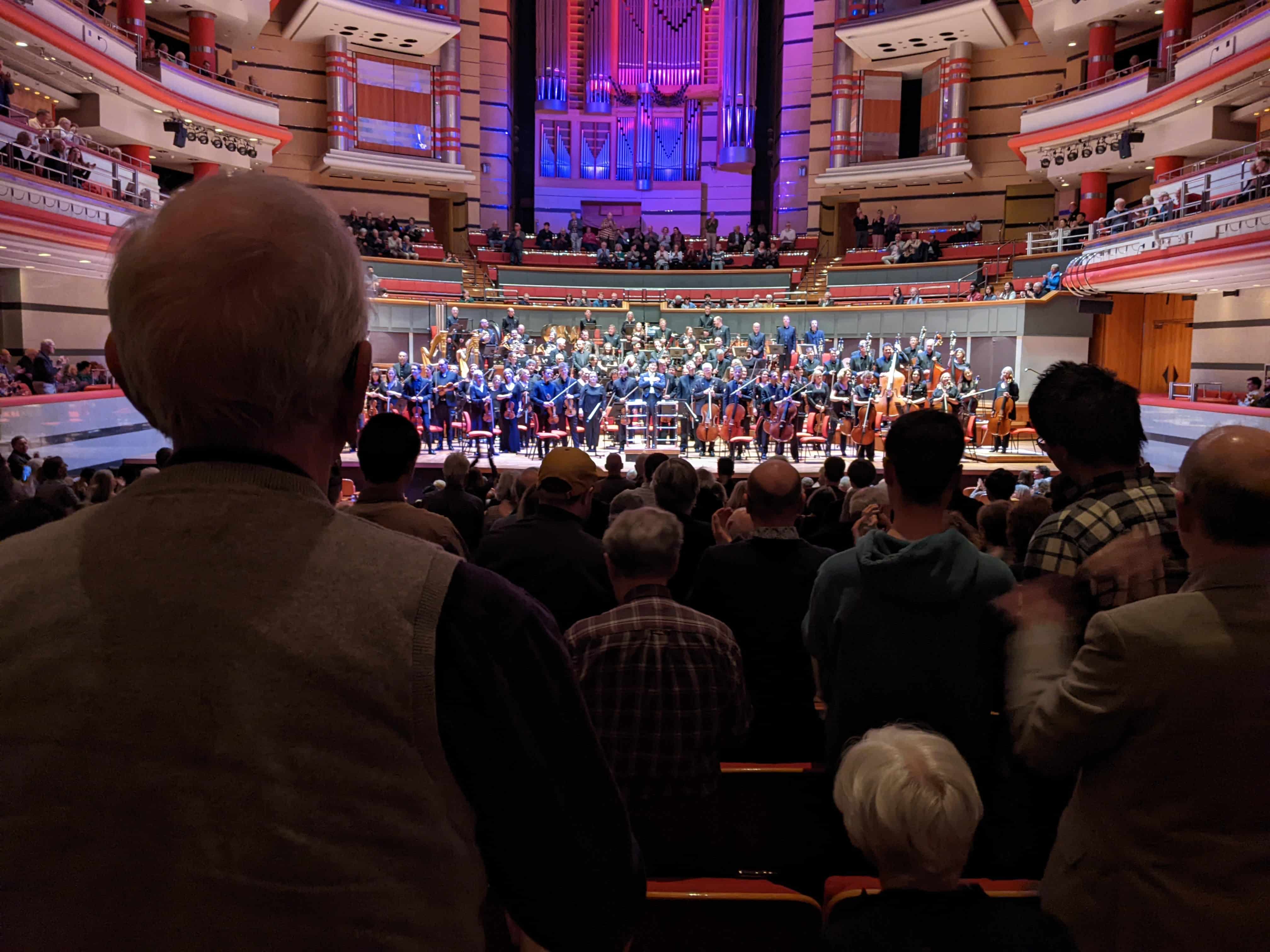Marin Alsop’s response to the Baltimore riots
mainThe music director issued this short statement:
I am heartbroken for our dear city. With so much need alongside so much possibility, I hope we can use any opportunities we get to set an example and inspire others to join us in trying to change the world.

Photo: recently with my BSO OrchKids with visiting guest artist, Chi-chi Nwanoku.
Last night’s concert was cancelled under curfew. The Baltimore Symphony will give a free concert today (Weds)outside the Meyerhoff at noon ‘in support of our community. It seems we could all use a little music in our lives right about now.’ #BSOPeace





Comments